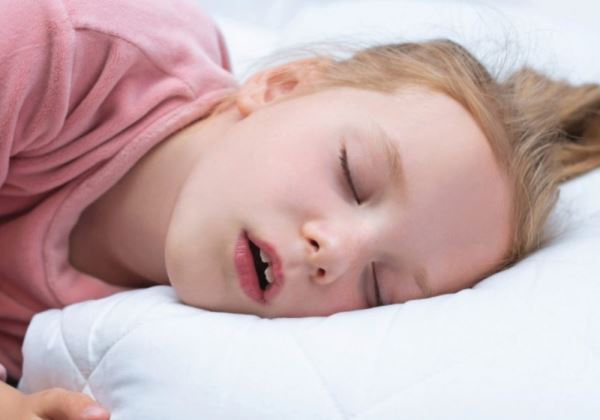Our Blog
Children who breathe through their mouths may have problems with their oral development.
The dentist, in addition to treating cavities, dental trauma and malocclusions, also detects other conditions that may require treatment, such as mouth breathing, a habit that can have consequences for the child's oral and general health:
- Changes in the face: breathing through the mouth alters the growth and development of the jaws. Mouth breathing is related to an open bite, a narrow palate, and a retracted jaw.
- Misaligned teeth: Oral breathing can affect the position of your teeth, which can become crooked and crowded, making hygiene difficult and increasing the risk of cavities and gum disease.
- Bite problems: Children who breathe through their mouths often have jaw problems that cause them to have difficulty biting and chewing food effectively.
- Oral dehydration: mouth breathing causes dryness in the mouth and decreases saliva production, creating a propensity to suffer from cavities, bad breath and the accumulation of bacteria.
- Snoring and nocturnal cough: by not breathing through the nose, when the child lies down it is difficult for him to breathe and have a restful sleep.
- Sleep apnea: apnea is a breathing pause that occurs when sleeping and prevents good oxygenation and resting properly.
- Irritability, lack of attention and tiredness.
- Recurrent otitis and low hearing.
abnormal breathing
A child breathing through the mouth can be due to several causes, such as allergic rhinitis, sinusitis, deviated septum, respiratory infections, overly large tonsils or vegetations, and muscle hypotonia.
Nasal breathing has a defensive function. When air enters the nose, the nasal hairs filter it and stop dust particles, viruses, bacteria and fungi from entering the body. In addition, the nasal passages warm and humidify the air, preventing it from entering too cold, and the production of nitric oxide is stimulated, a substance that facilitates the distribution and absorption of oxygen by the lungs.
“None of these functions occur in mouth breathing. Breathing through the mouth means breathing in more polluted, untempered and dry air. Therefore, if it is observed that the child breathes in this way, the dentist and doctor must be consulted so that they can evaluate it and indicate the appropriate treatment to solve the problem and avoid its consequences," explains Dr. Óscar Castro Reino, president of the General Council of Dentists.
In this sense, Dr. Castro remembers that 70% of children under 4 years of age in our country have never been to the dentist. “Many parents mistakenly think that since temporary teeth are going to fall out, they are of no importance, but they fulfill decisive functions: they maintain space for permanent teeth, allow correct chewing and phonation, and give the child self-esteem. Poor health of primary teeth is a risk factor for future permanent teeth. Therefore, delaying the first visit to the dentist until 2 or 3 years of age has a negative impact on the child's oral condition,” he concludes.

